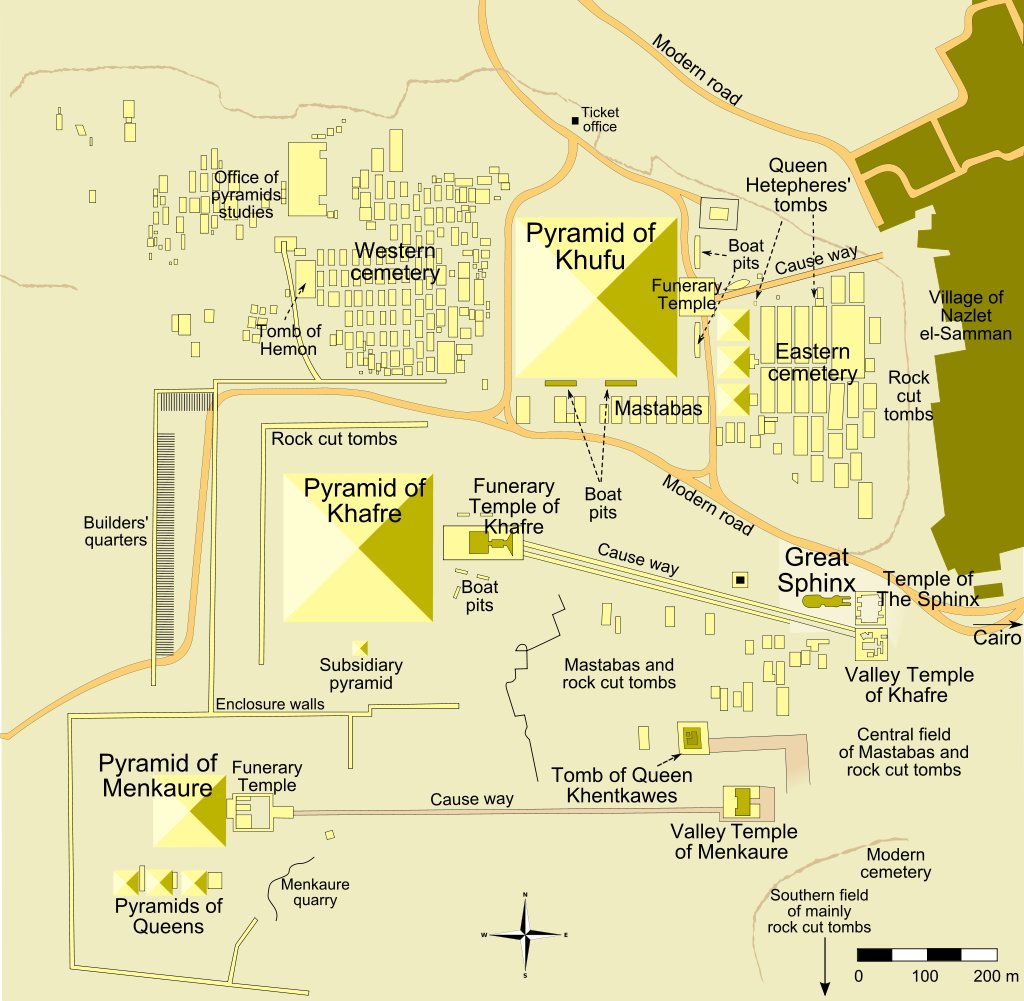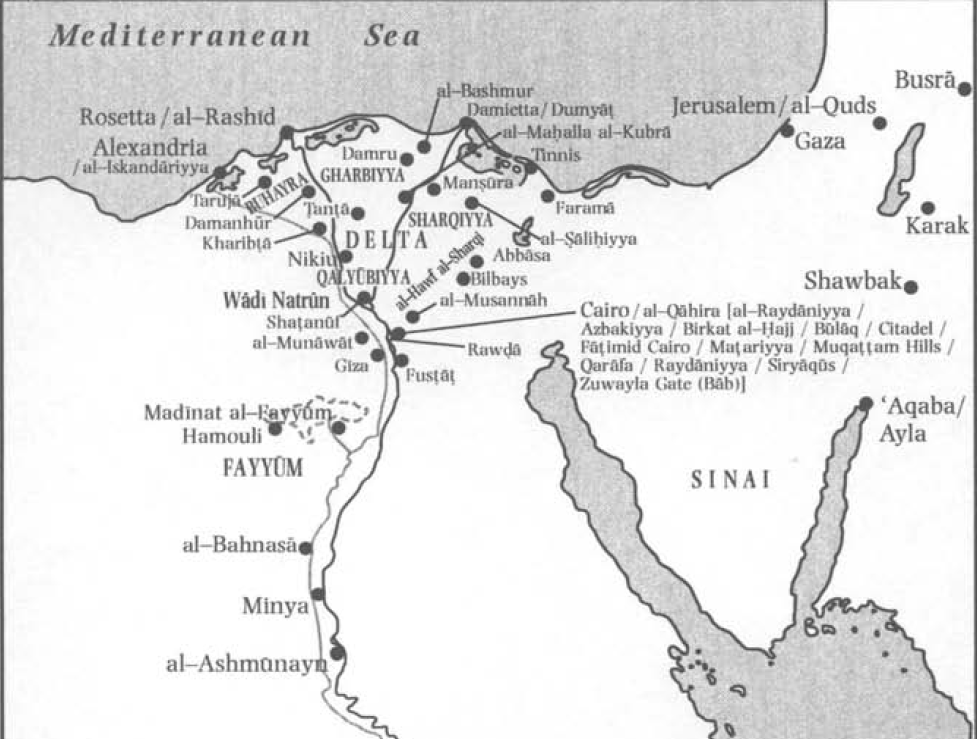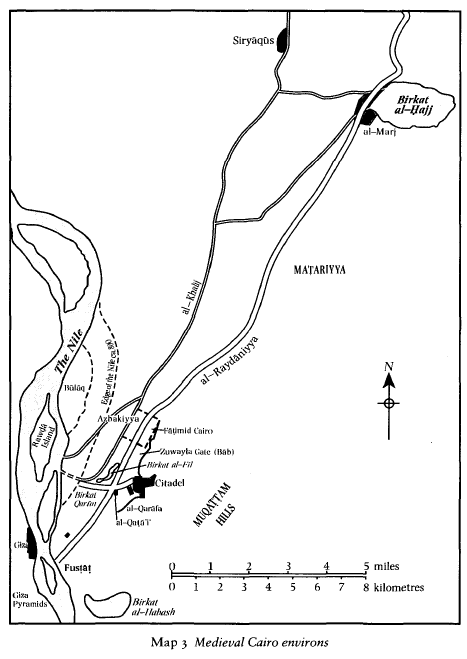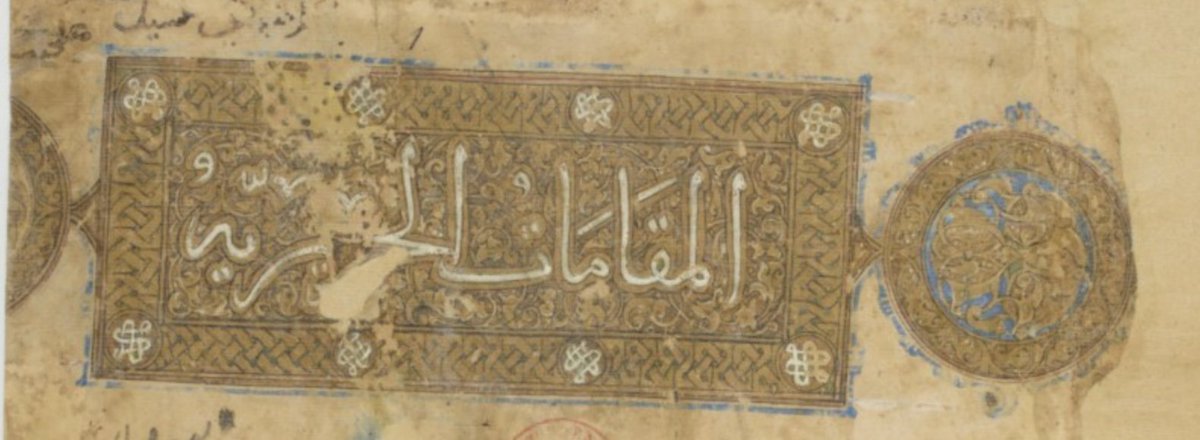>Example 2 = British Library Or 2165, fol. 88v (London)
I say “theoretically” because no early copy of the Qurʾan AFAIK attests to this variant; whereas some early copies 𝑑𝑜 attest to the standard reading.
On the grammatical justification of this reading, see Wright, II, 2A
archive.org/stream/AGramma…



















